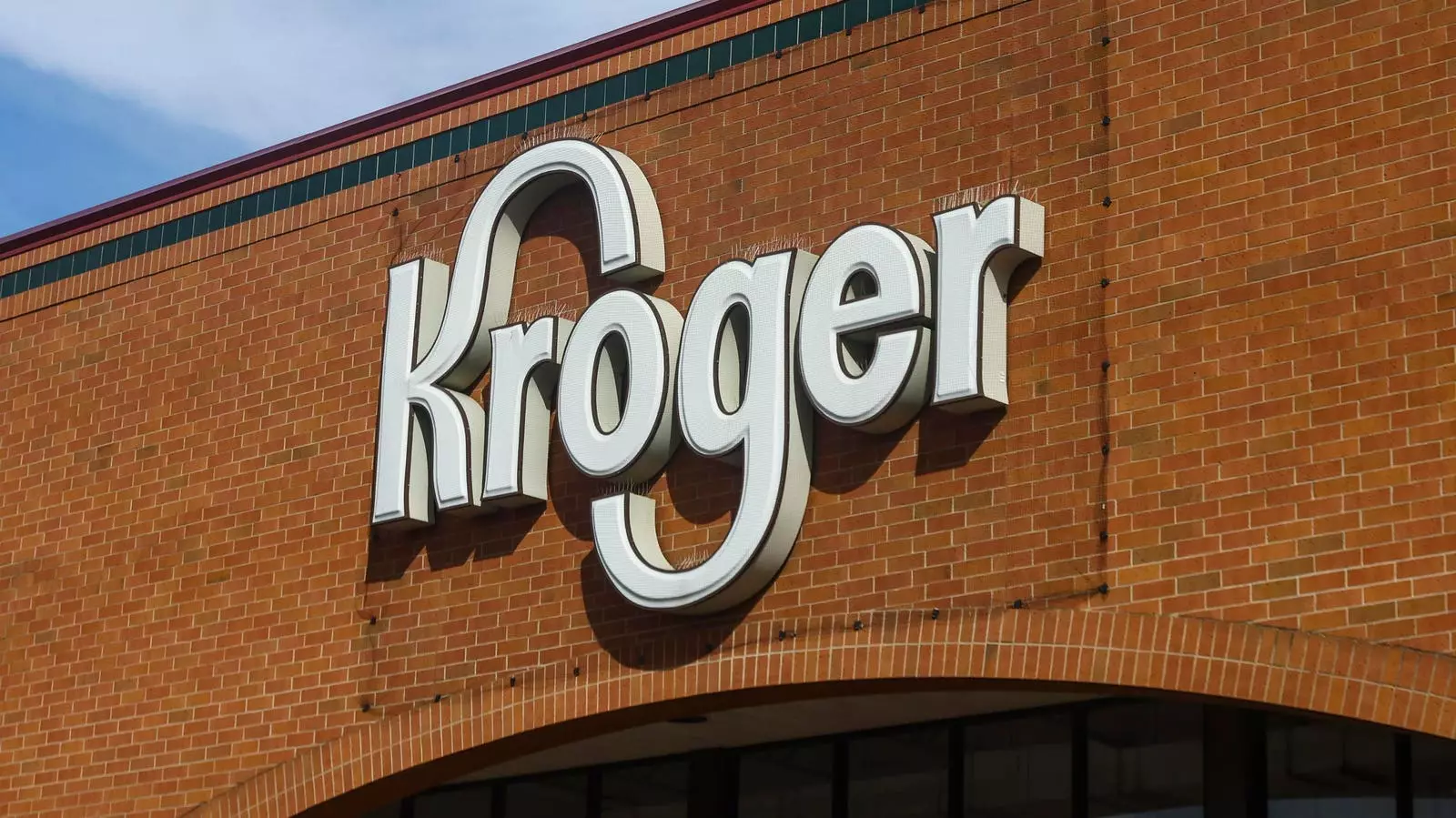This week has seen a seismic shift in the grocery landscape as the much-anticipated $25 billion merger between Kroger and Albertsons fell apart. Not only does this debacle have implications for the companies involved, it also resonates with consumers, workers, and the broader food industry. The merger, which aimed to create a retail behemoth, is now mired in a complex legal battle that poses significant questions about market competition, consumer welfare, and corporate governance.
The collapse was precipitated by two federal judges who upheld a lawsuit filed by the Federal Trade Commission (FTC). The commissioners were concerned that the merger would lead to increased prices and reduced access to fresh food for many Americans. These legal rulings highlight a growing apprehension about the financial implications of supermarket consolidation—an apprehension well-founded given the historical track record of similar mergers resulting in higher costs for consumers.
Adding another layer of drama, Albertsons took a decisive step by terminating its merger agreement with Kroger. The fallout didn’t stop there: Albertsons retaliated by filing a lawsuit against Kroger, alleging that the supermarket chain had breached their agreement by failing to exert “best efforts” to secure the necessary regulatory approvals. Kroger, in turn, dismissed these allegations as baseless and accused Albertsons of repeated interference in the merger process. The accusations from both companies serve as a stark reminder of just how contentious and litigious corporate mergers can become.
The timing of Kroger’s recent announcement of a $7.5 billion stock buyback was particularly eyebrow-raising, occurring just one day after the merger was blocked. Critics, including the United Food and Commercial Workers (UFCW)—which represents tens of thousands of Kroger employees—are now questioning the grocery giant’s priorities. The workers’ union has even called for the resignation of Kroger’s CEO, Rodney McMullen, arguing that the allocation of funds to shareholders starkly contrasts with Kroger’s commitments to price reductions and investment in its stores.
The union’s disapproval stems from the overwhelming nature of the stock buyback; a move intended to boost share prices that is ten times greater than Kroger’s stated commitment to reducing costs for consumers. This disparity suggests a prioritization of immediate shareholder interests over long-term consumer satisfaction and employee welfare—an issue that the UFCW has condemned vehemently.
Consumers, the silent stakeholders in this corporate drama, may ultimately bear the brunt of the fallout. The merger was expected to have far-reaching effects on grocery prices, and the reversal raises immediate questions about market competition. Mergers often promise economies of scale, but they can equally lead to store closures and a reduced selection of goods, especially in low-income areas where access to fresh produce is already limited.
With Albertsons and Kroger opting for a litigation approach instead of fostering collaboration, the implications are profound. Community access to essential food resources could be compromised, exacerbating existing food insecurity issues that touch millions of Americans. As these superpowers clash in the courts, consumers across the nation may find themselves precariously positioned.
The tumultuous situation surrounding Kroger and Albertsons is not an isolated narrative but rather part of a broader trend of consolidation within the grocery sector. The involvements of large corporate entities often lead to a narrowed competitive landscape, which can stifle innovation and marginalize smaller, independent retailers. This reflects a troubling pattern where consumer interests might take a backseat to corporate profit motives.
Stakeholders, including advocacy groups, consumers, and food workers, must remain vigilant. The lives of many depend on affordable and accessible groceries, and the latest developments in this merger debacle reiterate the importance of safeguarding these interests. A look back at other mergers in the food industry shows that similar agreements can have detrimental effects down the line.
As the legal battles unfold and stakeholders navigate the aftermath of this merger collapse, the grocery industry stands at a pivotal moment. The path ahead will not only affect Kroger and Albertsons but may also set a precedent for future mergers and acquisitions in the sector. The interests of consumers and workers must not be overshadowed by corporate ambitions; as this drama continues, it serves as a reminder of the interconnectedness of business decisions and community well-being. The unfolding saga will require our attention, and perhaps a collective call for a more equitable grocery market that serves the people first.


Leave a Reply